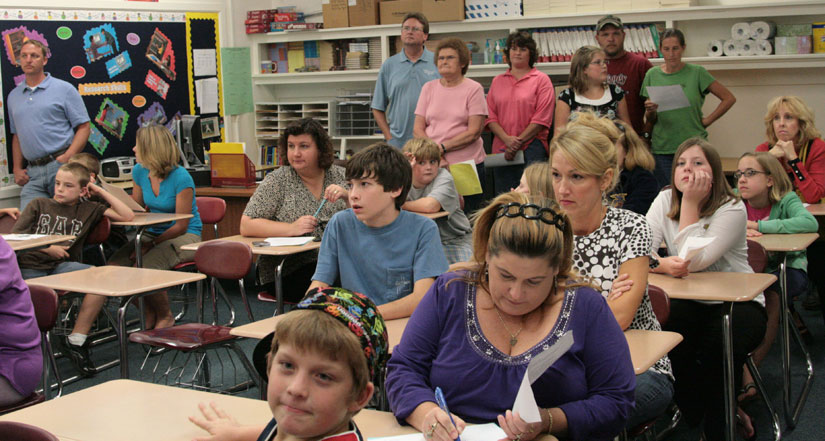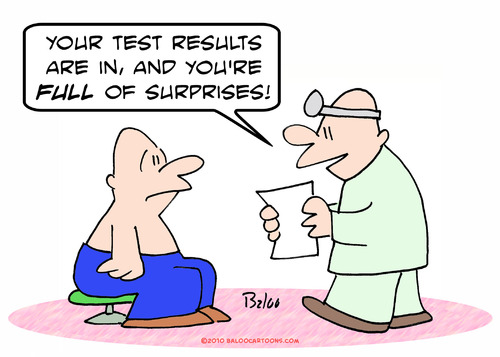Although many parents know that working with schools is important, many of us also dread receiving a notice in the mail for a parent-teacher (PT) conference. While it’s certainly rewarding to hear that your child is excelling in math, for example, it’s also tough to sit there and listen to a teacher discuss your child’s behavioral problems or his short attention span. None of us want to hear someone else point out our children’s weak areas, but it’s important to remember that your child’s teacher really does have his best interests in mind.
Even if your school district is embroiled in politics and teacher strikes, teachers chose their profession for a very good reason – to help your child. Just as you receive constructive criticism at your job, use the teacher’s evaluation to improve upon the areas that need a little work. Working with schools in a partnership is critical for a child’s success in school, particularly when the child has a speech disorder or other issue. And remember that PT conferences are a two-way street: you can use the opportunity to instruct the teacher about your child.





